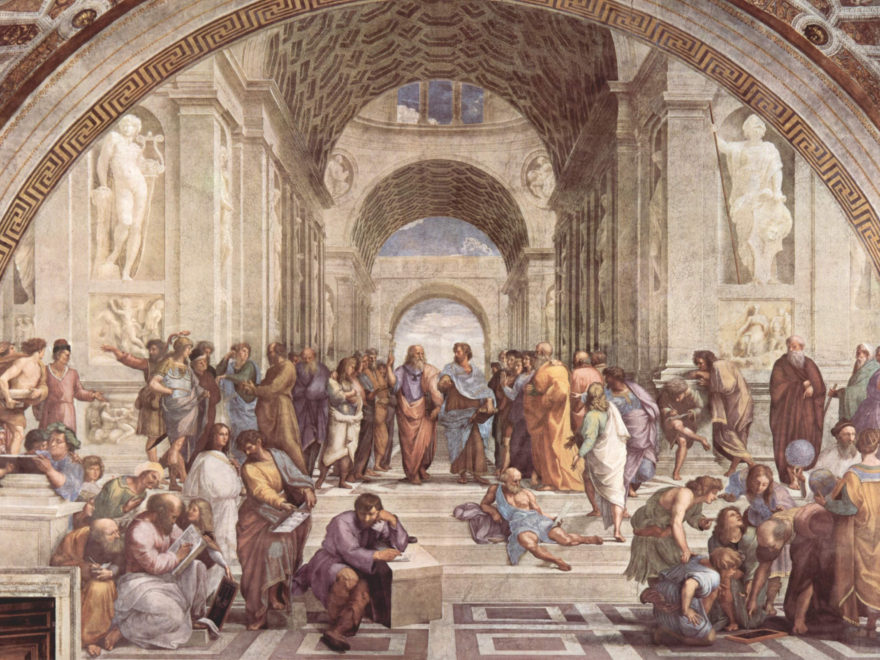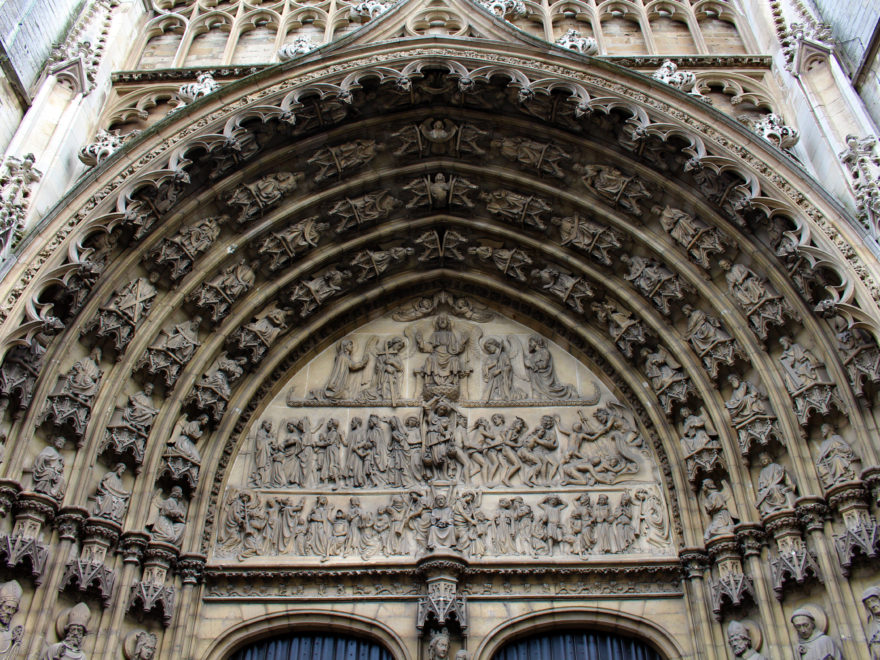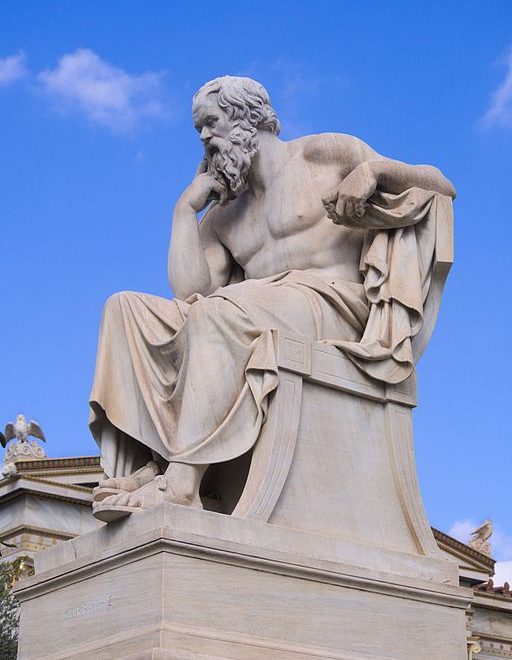Tag: philosophy
-

Cultivating a Community: Wisdom for Parents Educating at Home Amidst the Present Crisis
In the last few weeks, life has changed dramatically for families across the globe. For families living in some parts of the United States, the most predictable elements of their busy schedules—the nine-to-five work day, daily school routine, church commitments, soccer practice, piano lessons—have vanished from the calendar. For perhaps the first time since the…
-

The Flow of Thought, Part 7: Rediscovering Science as the Love of Wisdom
In this series we’ve been finding arguments for a classical education from the unlikely realm of positive psychology, particularly Mihalyi Csikszentmihalyi’s classic Flow: The Psychology of Optimal Experience. After connecting the concept of flow with Aristotle’s link between virtue or excellence and eudaimonia (happiness or flourishing), we’ve been racing through aspects of the liberal arts…
-

Why Study Western Civilization?
The classical Christian movement has at its core a commitment to teaching Western civilization. Even though we teach Western civ, its distinctive qualities are not always clear. As a result, many educators (even within the classical movement) question why we would teach Western civilization. Here I will lay out what I think are the three…
-

The Role of Ideas in Education
Ever the provocateur, Charlotte Mason, the late 19th century British educator, raised the question of the role of ideas in education. After mentioning the importance of ideas in both common life (“I have an idea!”) and the history of philosophy, she castigates the educational establishment of her day for neglecting ideas: “There is but one…
-

Review of The Liberal Arts Tradition by Kevin Clark and Ravi Jain
Kevin Clark and Ravi Scott Jain. The Liberal Arts Tradition: A Philosophy of Christian Classical Education. Classical Academic Press, 2013. In The Liberal Arts Tradition Kevin Clark and Ravi Jain endeavor to set the record straight about what made up the course of study in the classical tradition of education. As two longtime friends and…

